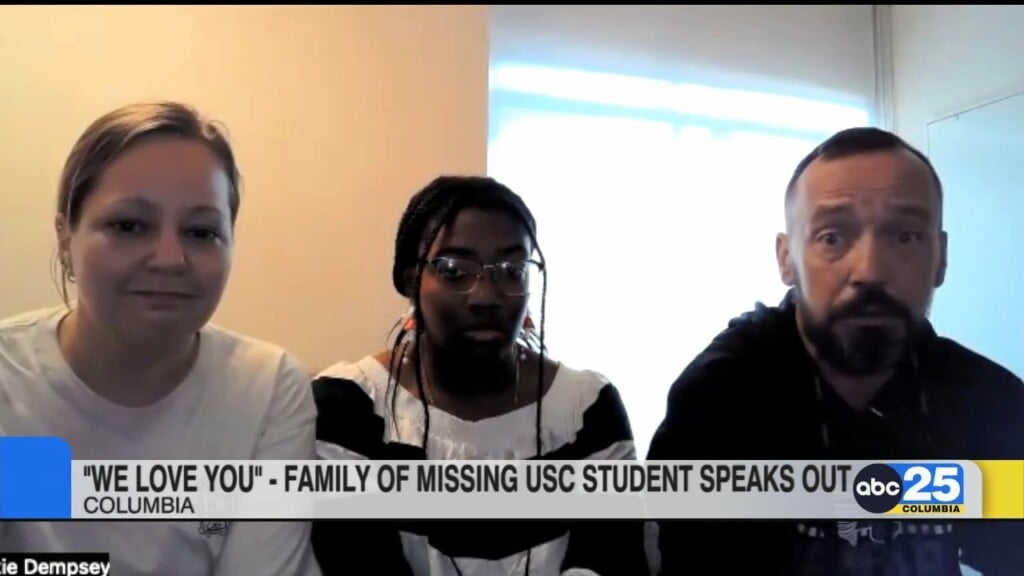Hurricane Evac Survey: Alarming Results?
COLUMBIA, S.C. (WOLO) — “Upwards of 30% of people did not know they were in a storm surge zone,” says Chris Emrich, Research Associate Professor at the University of South Carolina. That’s just one of the alarming results found in the most recent hurricane evacuation survey done by South Carolina’s Emergency Management Division in conjunction with the United States Army Corps of Engineers and the University of South Carolina Hazards and Vulnerability Research Institute. “Every 10 years or so the state updates the hurricane evacuation study and this is a portion of it,” says Emrich. Survey results show it will take more than a category 1 or 2 Hurricane to get residents off the coast. “About 70% of the population will leave with a major hurricane, a category 3, 4 or 5,” says Emrich. But that could spell danger. “If they’re not going to be evacuating, they’re going to be in the most risk,” says Emrich. And getting out goes further than just packing up the family in the car and hitting the road. You need a plan and a place to stay. “We know that hotels and motels fill up on a game day when we only have 80,000 people in town, so when we have a million people leaving the coast and coming to Columbia, there’s not going to be hotels here, there’s not going to be hotels in Greenville, and there’s not going to be hotels in Charlotte,” says Emrich. According to the survey, that hotel may need to be slightly more accommodating. Crandall Sims reporting, “When it comes to evacuating their homes, 95% of people surveyed said they would not leave home without their best friends, their pets.” Jerry Mitchell, another Research Associate Professor at USC says, pets aren’t the only things coming. “It may be Mom in the car with the kids, but Dad is bringing also that 2nd vehicle, if they have a boat, maybe they are bringing that as well,” says Mitchell. Another problem found in the survey, shadow evacuators. “The group of people who evacuate without a direct order to do so,” says Mitchell. Meaning more people on the roadways, an even bigger reason to have a plan and supplies before hitting the road. “Make sure you have adequate supplies, for our whole transition from the harzadous zone out to safety and then back in, whether it’s 3 days or 3 weeks later,” says Emrich.
